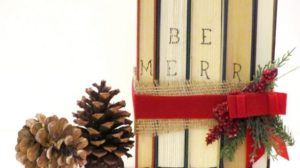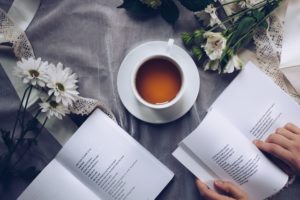What Literary Analysis Books Should I Read?

Thus, it is a process of close examining one or a few sections of literary writing in order to
present a well-researched study of the literary piece, as well as uncover how it either relates or affects the
work itself.
Surely, reading at least a couple of literary analysis books will help you come up with a properly
completed research study on the work in question. Th first book to take into account is ‘Literary Theory:
An Anthology’ by Julie Rivkin and Michael Ryan. Both classic elements used in literary criticism and
new techniques are presented in this book. Thus, it helps readers understand how theoretical discourses
have changed over the years, as well as teaches them to work with theory.
‘A Handbook of Critical Approaches to Literature’ by Wilfred L. Guerin, Earle labor, Lee Morgan,
Jeanne C. Reesman, John R. Willingham and John Willingham is also among the most useful literary
analysis books for someone who is looking for a high-quality list of materials on the subject under
consideration. This book is the introduction to the process of close reading of literature. In other words,
this is the first thing you should familiarize yourself with if you are interested in the area of literary
criticism. Different approaches to analyzing a literary piece are presented in this book. They range from
traditional techniques to some very unconventional methods including cultural studies and feminist
criticism. What is more, the process of applying different approaches to the same literary works
demonstrates how different methods can result in totally different insights. This way, it helps to come up
with a broader understanding of a literary work in question.
The final book to mention in regards to the topic under consideration is ‘How Fiction Works’ by James
Wood. In this piece of writing, you will find a detailed analysis of techniques that are used in the process
of fiction-making. Each of its main elements is studied carefully in order to explain the importance of this
machine of storytelling, as well as try to find answers to a lot of burning questions including the
following: Can we really ‘know’ a fictional character? Is Realism realistic? What is a telling detail in
regards to the plot of the book? Why do some literary conventions become dated?
Taking everything into account, you are supposed to familiarize yourself with at least a few literary
analysis books before you get down to the process of actual analysis. Once you have learned more about
the theoretical background of literary analysis, as well as the most effective techniques, it will become
much simpler to analyze a piece of literature and to apply different approaches so that to come up with the
most detailed report on the book under consideration.



